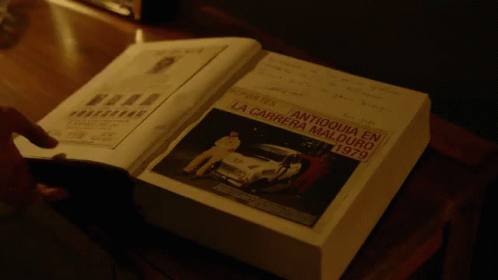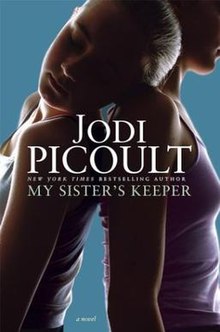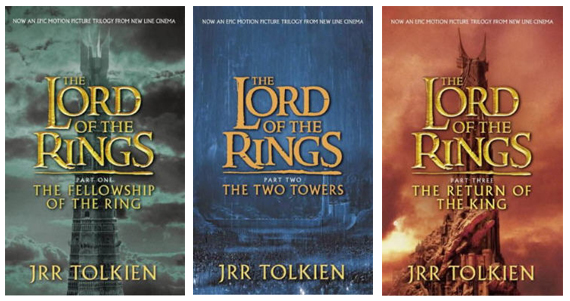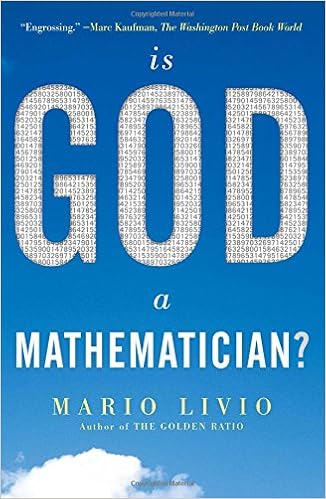Despite the
fact that, at time of writing, most of my reviews are for some form of
thriller, thriller actually is not my favorite literary genre. Fantasy, more
specifically high-fantasy, is my favorite genre to read. Given that I needed a
bit of a break from reviews for a little bit, I’ve decided to write about my
five favorite high fantasy series.
By definition, high fantasy is defined as fantasy
fiction set primarily in an alternative, entirely fictional world, rather than
the real world. The fictional world is usually internally consistent but its
rules differ in some way from those of the real world. Low fantasy, by
contrast, takes place in the real world but has the inclusion of magical
elements. The Mortal Instruments series is low fantasy; The Hobbit is
high fantasy.
5) Earthsea by
Ursula K. Le Guin
The novels,
beginning with A Wizard of Earthsea, take place in a world that is
mostly ocean with humanity living on small islands. The world is inhabited by
humans and dragons, with some humans being wizards or sorcerers. Unlike the
other series on this list, humans and dragons are the only notable species that
live in this world.
The first novel
begins with a young boy, known as Duny but later named Ged, learning he has
innate magical power. His aunt teaches him the little magic she knows, and one
exhibition of his power gains the attention of a powerful mage. Unfortunately,
Ged inadvertently releases a shadow creature. The rest of the novel follows Ged
as he attempts to get ride of the creature plaguing him.
Earthsea is unique from two standpoints. One is
the shifting of perspectives. There isn’t one protagonist across the series,
unlike most book series. Characters from later books interact and meet
characters from earlier novels, but the story isn’t focused on Ged and Ged
alone. The second aspect that I feel makes Earthsea unique is its
central theme about balance. Wizards in this world are meant to keep balance
between the magical forces. Bad things don’t necessarily happen because someone
evil causes it, they happen because they go against the balance that needs to
be maintained. When I read this series, I found the concept of good and evil
being more about choice than innate nature intriguing.
4) The
Inheritance Cycle by Christopher Paolini
I wasn’t aware
of this series existence until the first two books, Eragon and Eldest
had already been released. I read those two very quickly and eagerly
awaiting the third novel Brisingr and later the fourth and final book Inheritance.
Taking place in
the fictional world of Alagaesia, it chronicles the tale of a farmboy Eragon,
who finds a dragon egg while hunting and becomes the first Dragon Rider since
the evil king Galbatorix killed all the others one hundred years earlier.
Eragon is then swept up a journey to end the evil king’s reign and restore the
order of Dragon Riders.
The Inheritance
Cycle has a lot of
similarities with, and clearly the author was inspired by, older works, most
notably J.R.R. Tolkien’s works. Alagaesia and many of its inhabitants are
similar to Middle Earth and the different races of beings that live there.
While the worlds may be the same, the plots differ quite bit. Eragon’s journey
isn’t about defeating an ultimate evil, its about overthrowing a corrupt
leader. The conflicts between the protagonists and antagonists in Eragon
and the other novels in the series, begin on a more personal level than most
fantasy novels.
3) The
Chronicles of Narnia by C.S. Lewis
Some of you may
believe this entry is cheating, since each book in the series starts with the
main characters in the real world. However, given that the entirety of each
book’s action and plot take place in the fictional land of Narnia, I’ve decided
to include it.
The
Chronicles of Narnia was
actually the first high-fantasy series I read. A great deal of my love for it
is no doubt a result of nostalgia from my childhood. These books will always
hold a special place in my heart for being my introduction to fantasy as a
genre. The allegories between events in Narnia and Christian theology are a lot
more obvious as an adult, and Lewis has been criticized for some harmful
stereotypes others have noticed in the novels, but this piece is neither the
time nor the place to discuss that.
The world is
expansive. There are different creatures throughout the world. There are
humans, talking animals, minotaurs, sprites, and dozens of others. Magic exists
in Narnia and the rules within the world are easy to understand and they stay
consistent throughout There is the essential battle between Good and Evil, in
various forms, throughout the series.
2) A Song of
Ice and Fire by George R.R. Martin
I think we all
knew this one was going to be on here. No discussion about fantasy is complete
anymore without mentioning A Song of Ice and Fire due to the popularity
of Game of Thrones. (Just as an aside, I will only be discussing Martin’s
novels here, and not any events from the television series). I’m not sure what
I can say about Westeros that hasn’t already been said, but here we go.
Martin gives
the reader a rich, expansive world with hundreds of unique characters. Of all
of the fantasy worlds mentioned in this piece, Martin’s uses magic the least
often. Magic does exist, but it only seems to come up in certain situations and
can only be performed by certain characters. A Song of Ice and Fire first
gained popularity due to how shockingly events played out. No characters are
safe, anyone can be killed, which went against the common trope in fantasy that
the protagonist wouldn’t and couldn’t get killed, regardless of how dangerous
of a situation they found themselves in. The series popularity stems from the
world, but mostly in Martin’s ability to shock readers and avoid tropes of the
fantasy genre.
Another thing
worth noting is that, outside of the threat of the Others/White Walkers, there
isn’t a main villain or some greater evil that needs to be defeated. There are
plenty of “bad guys” but outside of the Others, they’re all ordinary people.
While a lot of the world is clearly inspired by Tolkien’s work, including some
character archetypes, the themes of the novels center around human conflict as
opposed to the battle between good and evil.
1)The Lord
of the Rings by J.R.R. Tolkien
I really don’t
think there was ever another option for my favorite fantasy series. While I
have read all of these series more than once, The Lord of the Rings is
the one I read the most often. Tolkien is the father of modern fantasy. Many of
the tropes, themes and aspects of other fantasy worlds are based on, or at
least inspired by, Tolkien’s works. Any discussion about lore and
world-building would be incomplete without mentioning how much time, effort and
thought went into creating the world of The Lord of the Rings. He
created multiple constructed languages, and created multiple dialects each
language. Middle Earth doesn’t just have a very long history going back
thousands of years, it has its own creation myth.
But enough
about how in-depth the lore goes, or how much effort and detail Tolkien put
into his works. Let’s talk about the works themselves. The Lord of the Rings
isn’t just my favorite fantasy story, its my favorite story period. The
central conflict is a battle between good and evil, the quintessential need to
defeat evil. Sauron is a pure evil force that can’t be reasoned with, can’t be
talked down and the Fellowship needs to succeed because if they fail, the world
falls into darkness. There isn’t a Chosen One, just a group of people banding
together because they must and because defeating Sauron is what’s right. Even
as the world gets darker, and evil gains a little more of a foothold, there’s
never a point where there’s no hope. Even after members of the Fellowship get
separated, they remain part of the same story, and impact the journey the
others are having. They are one part of an ongoing story.
Tolkien changed
the way fantasy was written, and unfortunately, that meant a number of the
themes in his writing were ignored or swept under the rug in other works. When
a work is compared to Tolkien, it usually refers to the worldbuilding, but not
the core themes. The Lord of the Rings is about more than just elves,
dwarves, talking trees and defeating evil. It’s about having hope, despite
seemingly insurmountable odds. It’s about power, and how absolute power
corrupts absolutely, and a little power corrupts a little. Mostly, its about
how the smallest person can change the course of the future.
Those are my favorite high fantasy series. What are yours?










































